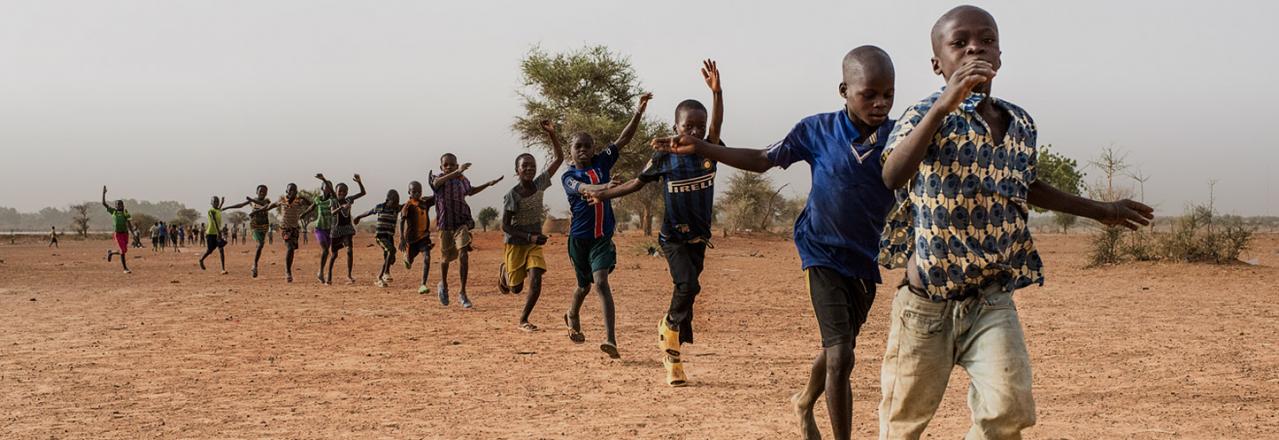Campaigns

About Our Campaigns
Our world was created so all people can thrive. Instead, millions of people around the world struggle to survive—afflicted by poverty, hunger, consequences of climate change and other affronts to their human dignity.
But it shouldn’t be this way—and it doesn’t have to be.
Together we can build a powerful movement to transform the world so all members of our global family can live in dignity and reach their God-given potential. Your and your community’s voices—your prayers—your support—can provide lifesaving assistance and address the root causes of poverty.
This is your moment and your movement—are you ready to make a difference?
Together we are building a movement to end global poverty. As people of faith, we are called to create a more just and peaceful world for all. Now is the time. Will you answer the call?
Help Communities Overcome Hunger and Poverty
Urge Congress to increase lifesaving foreign assistance.
Make a lifesaving gift. Donate to CRS today.
Current Campaigns
ACTION CENTER: RESOURCES & TOOLS
Visit our action center for how-to guides to build your skills, mobilize your community and make a difference through advocacy and community giving. Share about your advocacy work with our new advocacy reporting tool.

